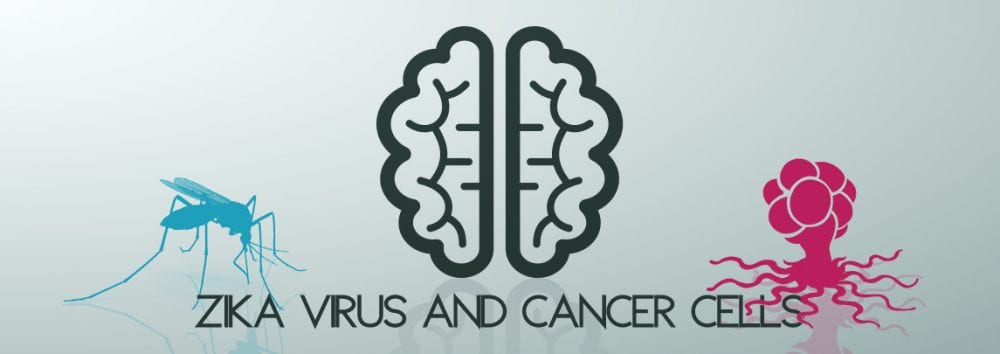Healthcare in the News – September Edition
There have some interesting findings as a team of researchers discovered that the Zika virus kills off the cells that make a type of brain cancer called glioblastoma. This is the most common and most aggressive form of brain cancer and is the kind of cancer that Senator John McCain has been diagnosed with as well as the type of cancer that ultimately lead to the death of Beau Biden and Senator Ted Kennedy. This kind of cancer is severe, and many patients do not live past five years of their diagnosis; making the potential of this discovery invaluable.
The Zika virus has been getting a lot of press lately, and that leads people to have some basic information but not the full picture of what the Zika virus does. The Zika virus it is not considered to be a severe infection for a healthy adult except for when it infects pregnant women because then it has the propensity to attack the developing nervous system of the child leading to a variety of abnormalities. So knowing that investigators realized that this particular virus attacks early cells in the development of the nervous system. With this particular type of cancer, it was surmised that if you could infect these cells with Zika virus, they would selectively destroy the tumor cells and leave the mature components of the nervous system in the brain. And the first series of experiments did show that in a test tube situation the primitive cells were highly susceptible to being destroyed by the Zika virus. The researchers went further and tested mice that had been infected with glioblastoma and as it turned out the mice which were infected with the Zika virus lasted longer than the mice in the control group.
These are still very early experiments done in the test tube and a mouse model, but it at least opens the door to the possibility that you might utilize the capability of this virus to destroy cells in the nervous system that are early in development to become cancer cells. The researchers are excited about their findings but realize that in these beginning phases there is no way to tell if these tests will lead to any real treatments. We will have to keep an eye out for the future of these discoveries.


